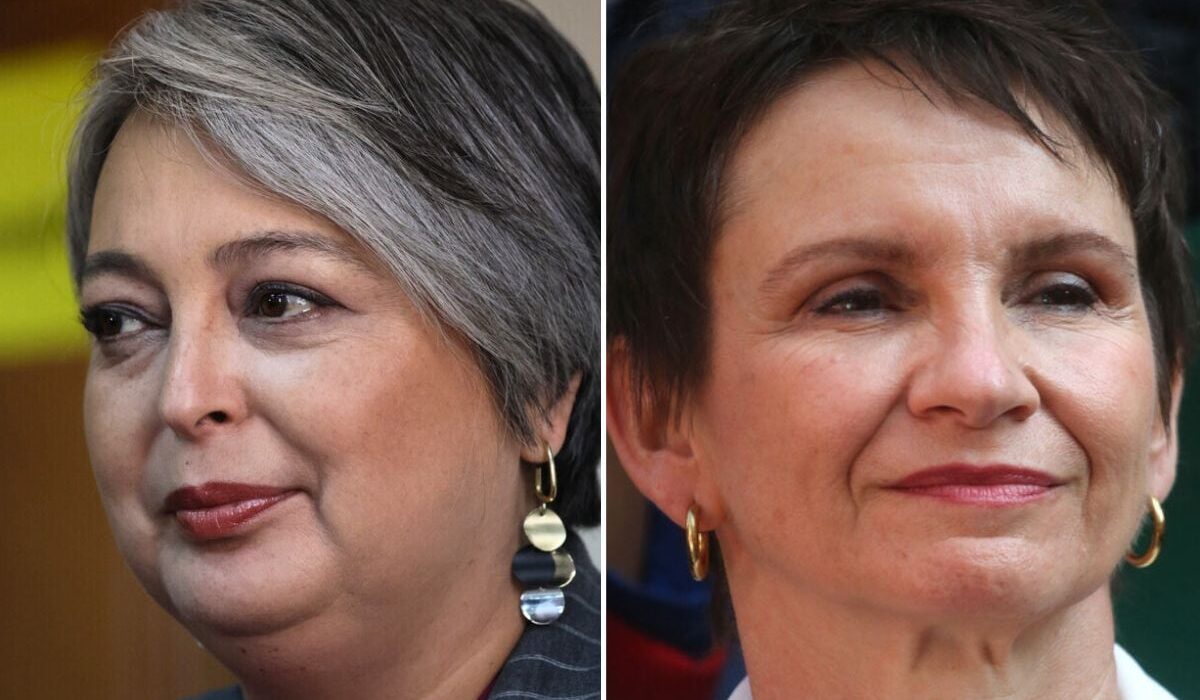The ongoing presidential campaign in Chile has sparked heated exchanges between candidates from different political parties. Recently, the spotlight has been on the former government ministers Jeannette Jara (PC) and Carolina Tohá (PPD). Amidst these exchanges, Minister Aisén Etcheverry (FA) was asked about a critique made by Jara towards the Social Democratic candidate, Tohá, on her performance as Minister of Interior, giving her a modest rating of 5 out of 10.
In an interview on the podcast “Todo sobre la mesa,” Jara highlighted her assessment of Tohá, emphasizing the importance of candidates differentiating themselves during elections to help voters make informed decisions. Responding to this critique, Etcheverry explained that it is natural for candidates to distinguish themselves through debates, policy proposals, and contrasting themselves with the current government.
Etcheverry was also questioned about the discrepancies in how the government responds to criticisms from Jara versus those from the Chile Vamos candidate, Evelyn Matthei (UDI). She clarified that the responses vary because the issues raised are distinct. Addressing Jara’s concerns, Etcheverry underlined the government’s significant progress in enhancing security, citing a notable reduction in homicides and the destruction of a substantial number of firearms during their term. However, she acknowledged that there is still much work to be done in this area.
“The government has made significant strides in security measures with tangible outcomes, such as the reduction in homicides and the destruction of firearms. But there is a recognition that more efforts are needed to further improve security conditions,”
Etcheverry emphasized. She stressed the importance of continuous progress and constructive debates on how to address the remaining challenges in security enhancement.
When asked about the expectation of loyalty from former cabinet members turned candidates, Etcheverry refrained from commenting directly on the matter. Instead, she emphasized the government’s role in articulating its principles and actions, leaving the candidate’s responsibility to present their ideas for improvement and governance if elected.
“The government’s stance is to acknowledge the progress made while recognizing that there is still a long way to go. Our goal is to strive for zero incidents and to enhance the overall perception of security in the country. This ongoing advancement is crucial for ensuring a safer environment for all citizens,”
Etcheverry affirmed. She noted the absence of personal attacks or disqualifications within the primary election debates, highlighting the focus on policy discussions and principled exchanges.
As the political discourse intensifies during the campaign, the emphasis remains on addressing challenges, presenting innovative solutions, and fostering a deeper understanding of the candidates’ approaches to governance. The commitment to continuous improvement and the pursuit of a safer, more secure society underscores the importance of ongoing dialogue and collaboration among political stakeholders.
In conclusion, the dynamic interactions between government officials and aspiring leaders reflect a robust democratic process where accountability, transparency, and progress are central themes. The acknowledgment of achievements alongside the recognition of the journey ahead not only enriches political debates but also underscores the shared goal of a safer and more prosperous future for Chile.

